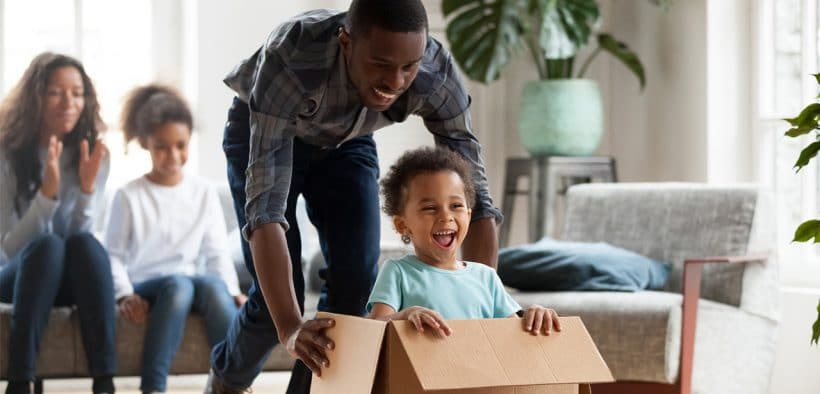- Due to Covid 19, students have been home, without the large volumes of home work that cause mental torture. With relaxation children are creative as they look for things to do
- Work-life balance should not just be a phrase we see in the press and business journals but it is how we live. Work must end (physically, psychologically and emotionally) when we leave our workplaces
- Lessons learnt from COVID-19 is that we should stop and smell the roses, enjoy ourselves, our families and our environments. Life, after all, must be worth living!
By Dr Majid Twahir
COVID-19 pandemic has many observers in hospitals baffled by where the “usual” patients have disappeared to. The hospitals are empty. The postulate is that patients suffer at home, too scared to come to the hospitals. I don’t think so. I do believe that patient numbers have actually declined. This is a reflection of the hectic work-life and school life that we lead – both us and our children. Working and schooling from home have health benefits. Our children are getting less ill; paediatric hospitals and paediatric units are empty – an indication of the unhealthy environment our children are exposed to in school. Women have had less miscarriages, carrying more pregnancies to term – an indication of the impact of the stressful lives we live on the pregnancy physiology.
Heart attacks and strokes have reduced! Less visits to bars and clubs has reduced the numbers of traumatic injuries as a result of road traffic accidents.
Think about it – one of the industries that have flourished during the COVID-19 pandemic is the home furniture industry! We have suddenly realised that our houses are not homes – after all these years! We are suddenly noticing that our homes were just dormitories, our spouses and families mere roommates! We had not even noticed how horribly we were living. The COVID-19 pandemic suddenly made us realise that we are either living with strangers or rekindled our relationships within our families. The former has resulted in increased domestic violence – not excusing it, just hypothesizing about it. The latter has energized us into making our homes more cosy, more relaxing and more inviting – both physically and emotionally.
Therefore the lessons learnt from COVID-19 pandemic is that we should make our schools safer for our children – both physically and mentally. Cleaner toilets in schools will stop children having chronic constipation and faecal loading syndrome (a condition that has commonly been mistaken as intestinal obstruction). Large volumes of home work has caused mental torture to our children. They are now more relaxed and more creative as they look for things to do. They are less stressed and happier. They do enjoy having parents at home!
Lessons learnt from the COVID-19 pandemic is that we should make our work places less stressful. Work-life balance should not just be a phrase we see in the press and business journals but it is how we live. Work must end (physically, psychologically and emotionally) when we leave our workplaces. We should now maintain our homes as sanctuaries and places where we find peace and solace.
Lessons learnt from COVID-19 is that let us do bars and clubs in moderation. There are safer ways to unwind.
Lessons learnt from COVID-19 is that we should stop and smell the roses, enjoy ourselves, our families and our environments. Life, after all, must be worth living!
Dr Majid Twahir is Associate Dean, Clinical Affairs and Chief of Medical Staff at Aga Khan University Hospital Nairobi

